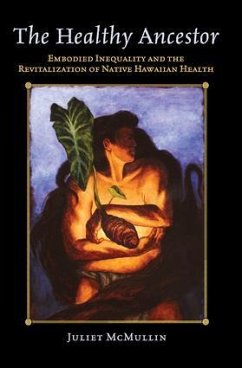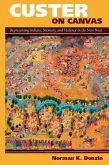Native Americans, researchers increasingly worry, are disproportionately victims of epidemics and poor health because they "fail" to seek medical care, are "non-compliant" patients, or "lack immunity" enjoyed by the "mainstream" population. Challenging this dominant approach to indigenous health, Juliet McMullin shows how it masks more fundamental inequalities that become literally embodied in Native Americans, shifting blame from unequal social relations to biology, individual behavior, and cultural or personal deficiencies. Weaving a complex story of Native Hawai'ian health in its historical, political, and cultural context, she shows how traditional practices that integrated relationships of caring for the land, the body, and the ancestors are being revitalized both on the islands and in the indigenous diaspora. For the fields of medical anthropology, public health, nursing, epidemiology, and indigenous studies, McMullin's important book offers models for more effective and culturally appropriate approaches to building healthy communities.
Hinweis: Dieser Artikel kann nur an eine deutsche Lieferadresse ausgeliefert werden.
Hinweis: Dieser Artikel kann nur an eine deutsche Lieferadresse ausgeliefert werden.








